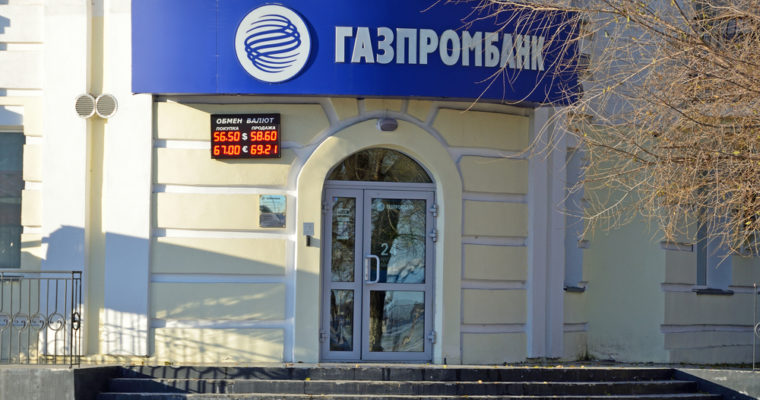Just like Sberbank, the largest bank in Russia, another bank from this country will carry out a pilot program with cryptocurrencies. Gazprombank, the third largest bank in Russia, will use its Swiss subsidiary to realize the pilot program.
This information was communicated to Vedomosti, a journal from Russia, by Alexandr Sobol, the deputy chairman of Gazprombank. According to Sobol, the pilot program will be carried out in Switzerland because the laws in that country are more liberal than the Russian laws. This was also the reason why Sberbank decided to perform its cryptocurrency trading operations in Switzerland.
Sobol says the bank still does not have a specific format for working with cryptocurrencies. Moreover, it has not been decided yet if the bank would offer these services to its clients or would execute cryptocurrency transactions as part of its investment strategy.
Sobol said: “Some kind of pilot – of course, yes. It will not be on a grandiose scale, but for ourselves. There is a demand from large private clients for such services. Therefore, we are now looking at how we can organize this service for them. We are trying to follow the situation actively.”
At the end of January this year, Sberbank revealed its plans to operate in the cryptocurrency sector outside Russia. This decision was made due to the future regulations of the cryptocurrencies that are being prepared by the Russian government. Sberbank explained that Switzerland allows the banking institutions to perform operations related with cryptocurrencies. The bank showed interest for the innovation and it also announced the opening of a blockchain lab dedicated to the research of applications of the blockchain technology in the banking sector.
Even though the cryptocurrency transactions have not yet been regulated in Russia, the State Duma (Russian parliament) is currently discussing a law related to the digital assets. The objective of this new law is to formulate the rules and restrictions for the cryptocurrency market in Russia.
The law defines terms such as “digital money” and “digital rights” and also contemplates the inclusion of the cryptocurrencies in the Russian tax system, inheritance and bankruptcy declarations. The final version of the law is supposed to be ready in June this year and it should also regulate the initial coin offerings (ICOs) and the mining of cryptocurrencies as well.




